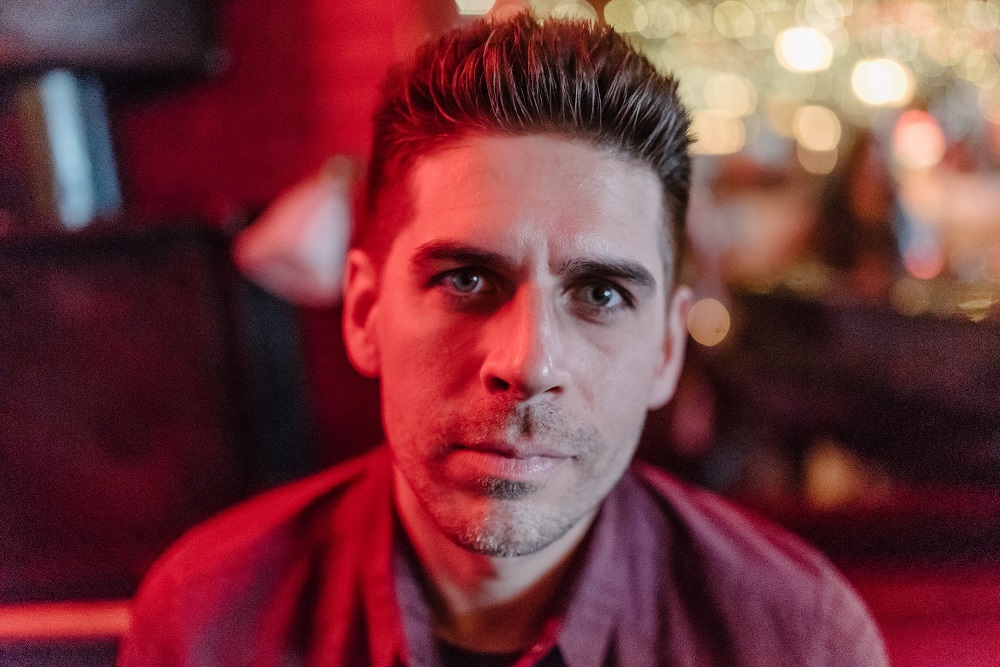 |
| photo: Friends Lovers Photography |
Carlos Andrés Gómez is a Colombian American poet from New York City. He is the winner of the Sandy Crimmins National Prize for Poetry and the Atlanta Review International Poetry Prize, and has been published in the New England Review, Beloit Poetry Journal, the Yale Review, BuzzFeed Reader, CHORUS: A Literary Mixtape and elsewhere. Gómez is a graduate of the University of Pennsylvania and the MFA Program for Writers at Warren Wilson College. His debut full-length poetry collection, Fractures (Univ. of Wisconsin Press, October 2020), was selected by Natasha Trethewey as the winner of the 2020 Felix Pollak Prize in Poetry.
On your nightstand now:
I'm just finishing Exit West by Mohsin Hamid, which is an astounding read. Hamid's prose is spare and unpretentious but completely riveting. He'll make these abrupt pivots, mid-narrative, often posed as a simile, in which the speaker will perfectly articulate some profound revelation about the human condition.
Favorite book when you were a child:
I adored Where the Wild Things Are by Maurice Sendak (probably because I related to being the misbehaving kid sent to his room). I love(d) books where you can get lost in a fantastical world. It's beautiful to share that with my kids now, who also love the book, though we typically read it in Spanish. Doesn't every author dream that readers will cherish and continue to reach for a book they've written nearly 60 years after publication?
Your top five authors:
I don't know a better novel than either Toni Morrison's The Bluest Eye or Gabriel García Márquez's One Hundred Years of Solitude. Both Morrison and Márquez command language on a sprawling and epic scale, with stories that somehow seem to honor the most minute and epic proportions of what it means to live.
James Baldwin will forever be a guide to me as a writer and human being. Reading Go Tell It on the Mountain for the first time as a high schooler was a revelation. Is there a more uncompromising literary figure than Baldwin?
Patricia Smith is one of the most important and versatile writers alive. She's also a very dear mentor of mine and, probably, the most generous example of literary citizenship I've ever encountered. I recommend buying all of her books immediately. I'm not sure who I would be without her example.
Natasha Trethewey, perhaps better than any other poet, is able to connect the historical with the personal. As a poet who's often mining both the personal and historical, within a narrative framework, I'm not sure I would have been able to write my book without Trethewey's Native Guard. For this reason, in particular, it was especially meaningful that Trethewey was the person who made the publication of my debut collection possible by selecting it for the Pollak Prize.
Book you've faked reading:
I was at a party in college and this woman I was talking to brought up Leo Tolstoy. I mentioned War and Peace (kind of assuming no one had actually read it), trying to impress her, until it became clear that she had. The conversation didn't last too much longer than that.
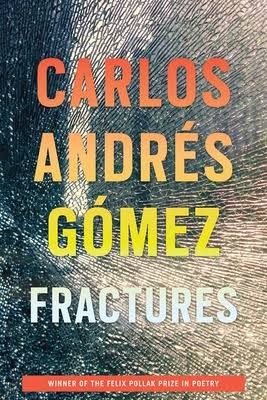 Book you're an evangelist for:
Book you're an evangelist for:
Two exceptional books, both of which have been lauded with awards and critical acclaim but can't be celebrated enough in my mind: Citizen: An American Lyric by Claudia Rankine, which seems to transcend genre, description and is a singular reckoning with white supremacy; and Layli Long Soldier's WHEREAS is unlike any other poetry book I've ever read. It doesn't just push against conventional notions of language or the American ethos but completely explodes and recasts the reader's relationship to both. If it was up to me, every person would be required to read both of these books.
Book you've bought for the cover:
I was at the Dodge Poetry Festival in 2006, and I saw Here, Bullet by Brian Turner sitting on a table. The combination of the title and the cover image just captivated me. It's a searing collection. It turned out to be a book whose content was even better than the mesmerizing cover.
Book you hid from your parents:
Basketball was my first love. Reading short biographies of basketball greats was how I finally got a handle on reading (after a delayed start). In seventh grade, I checked out Wilt Chamberlain's autobiography, Wilt: Just Like Any Other 7-Foot Black Millionaire Who Lives Next Door, from my local public library and was completely enthralled by it. Mostly, to be honest, the explicit sexual exploits that Chamberlain recounts across the book. I remember telling my parents that he mostly talked about "his games," and then I'd sneak up to my room and re-read the salacious stories of his orgies and mid-flight hookups.
Book that changed your life:
Martín Espada visited my high school when I was 17, shortly after I'd starting quietly writing poems and having a bit of an identity crisis about it. He read from his poetry collection Imagine the Angels of Bread, and I sat in the back row of that auditorium in Providence, R.I., and wept and cheered and, for the first time, admitted to myself I was a poet. Then, I walked up, bought a copy of the book from him, and he wrote inside of it:
Para Carlos,
Poeta del futuro.
Martín Espada
That's another book that is currently, and will forever be, on my nightstand.
Favorite line from a book:
This is (like many of these!) an impossible prompt, but the first that comes to mind is from Ilya Kaminsky's masterpiece, Deaf Republic, and his poem "A City Like a Guillotine Shivers on Its Way to the Neck":
At the trial of God, we will ask: why did you allow all this?
And the answer will be an echo: why did you allow all this?
Five books you'll never part with:
My two favorite books of all-time are One Hundred Years of Solitude by Gabriel García Márquez and The Bluest Eye by Toni Morrison. I can't imagine two more perfect novels or books that more expansively and precisely render what it means to be human. It's impossible for me to put into words what those two books mean to me.
The Autobiography of Malcolm X was crucial to my politicization and growth toward the person I am still trying to become. That journey of Malcolm X across his life is such a powerful example of the possibilities of a person evolving across time. Being very much a flawed work-in-progress, I'm galvanized toward my best self by bearing witness to that kind of trajectory from an iconic figure. Alex Haley's notes at the end are essential reading as well. It's a book I always keep close.
Pedagogy of the Oppressed by Paulo Freire is another book that was critical to my political orientation and, also, my approach to pedagogy and engaging with the world. Freire gave me the language and a frame that I needed as a sophomore in college to be an accountable global citizen and really step into my convictions.
Finally, the Tao Te Ching by Lao Tzu (I have the Stephen Mitchell translation) most clearly reflects my faith and life belief system. At my most centered, I'm very much a Daoist. It's a book that anchors and calms me at my worst, and it helps me realign and recenter.
Book you most want to read again for the first time:
Reading Ralph Ellison's Invisible Man was a watershed moment for me in 10th grade. I was a delayed reader, so I read very slowly as a high schooler and often skimmed books that were assigned. I was so captivated by Invisible Man that I read it in three days. It was one of the first novels that both helped me fall in love with reading and books (at a vital crossroads) and gave me a permission to reckon with race and identity in more complex and uncompromising ways.
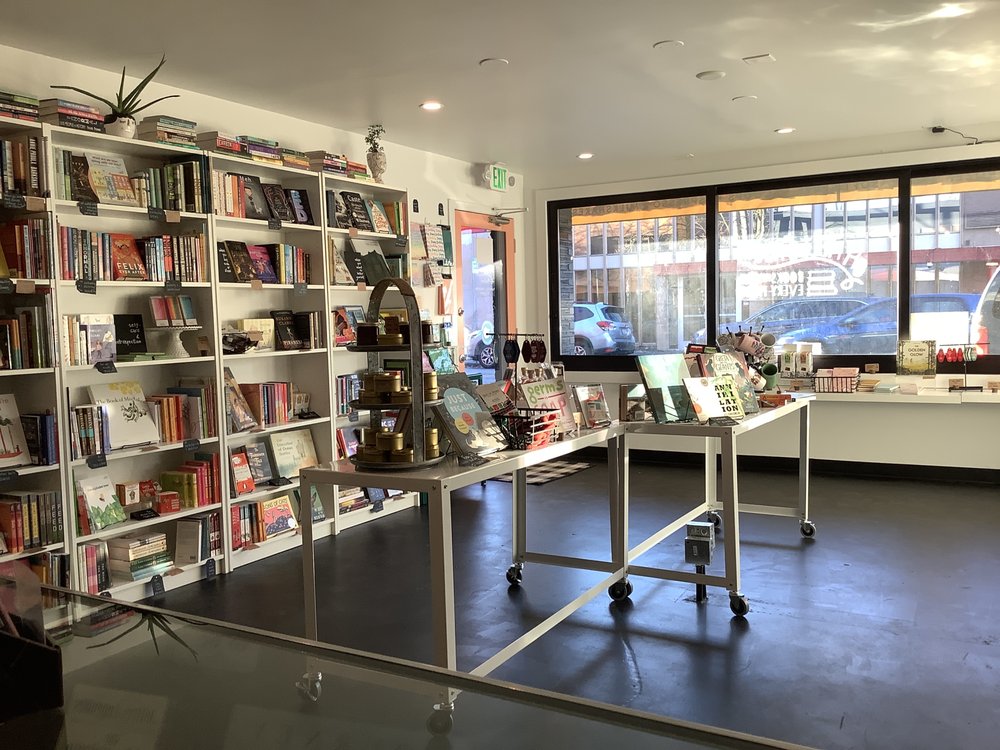 Oh Hello Again bookshop, which "specializes in bibliotherapy, or using books to help with life's various problems," has opened at 324 15th Ave. E #101 in Seattle, Wash.
Oh Hello Again bookshop, which "specializes in bibliotherapy, or using books to help with life's various problems," has opened at 324 15th Ave. E #101 in Seattle, Wash.




SHELFAWARENESS.1222.S1.BESTADSWEBINAR.gif)



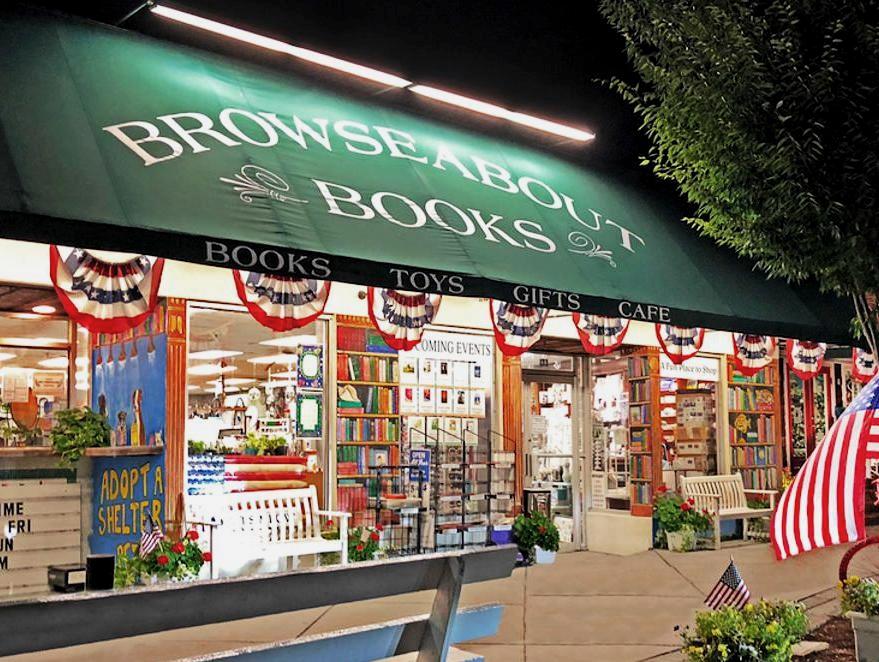 Susan Kehoe, the longtime manager of
Susan Kehoe, the longtime manager of SHELFAWARENESS.1222.T1.BESTADSWEBINAR.gif)
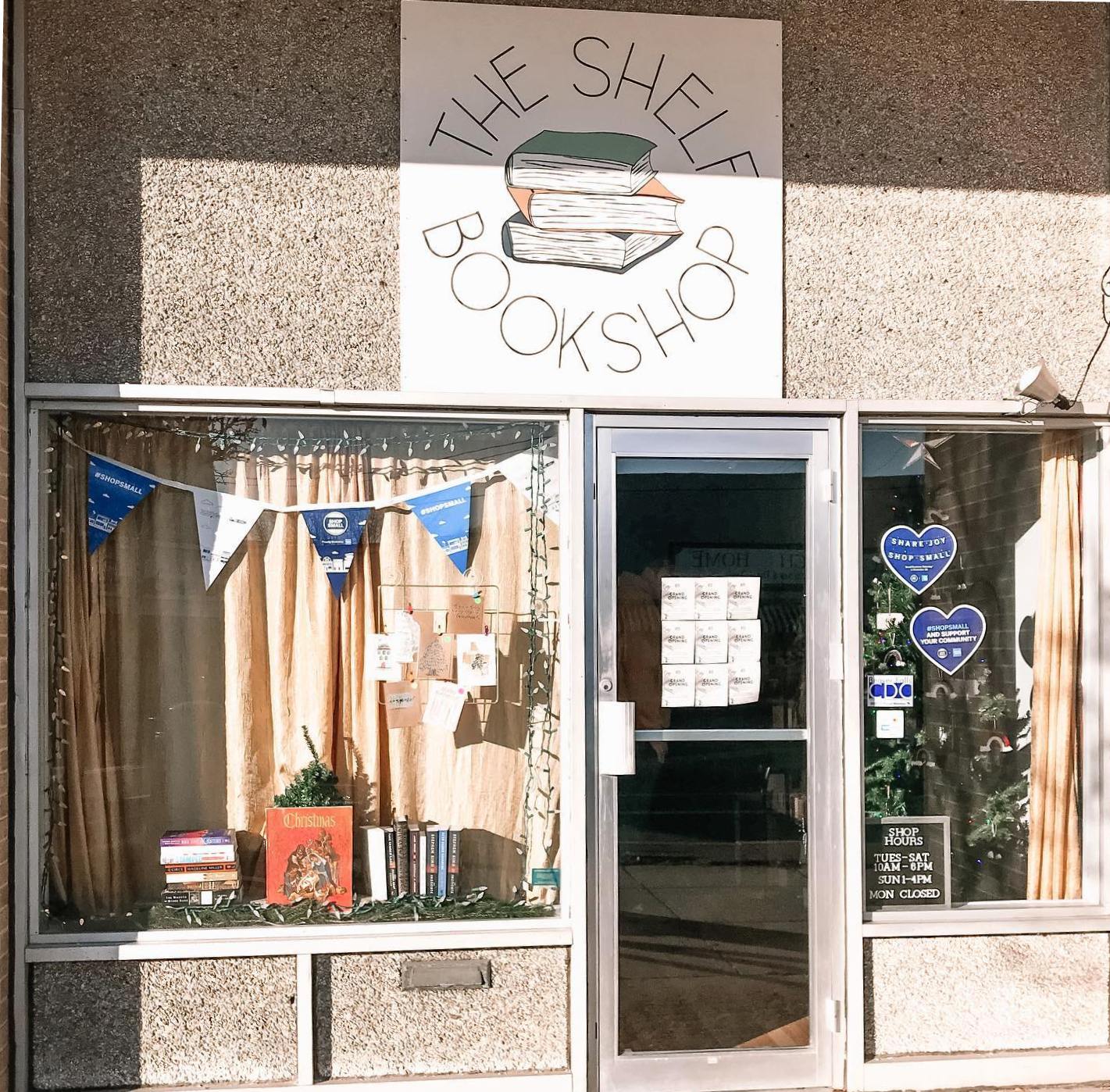
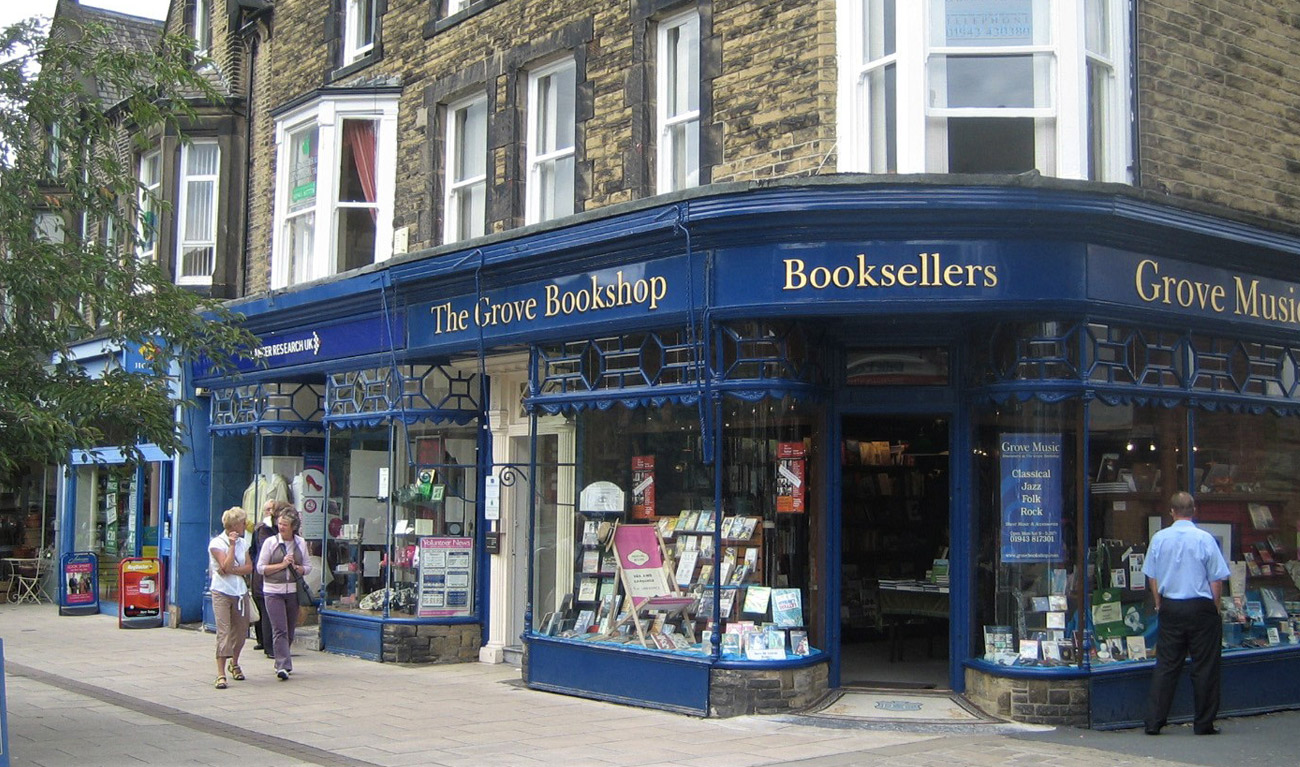 "There's an awful lot riding on these few weeks," said Mike Sansbury at
"There's an awful lot riding on these few weeks," said Mike Sansbury at 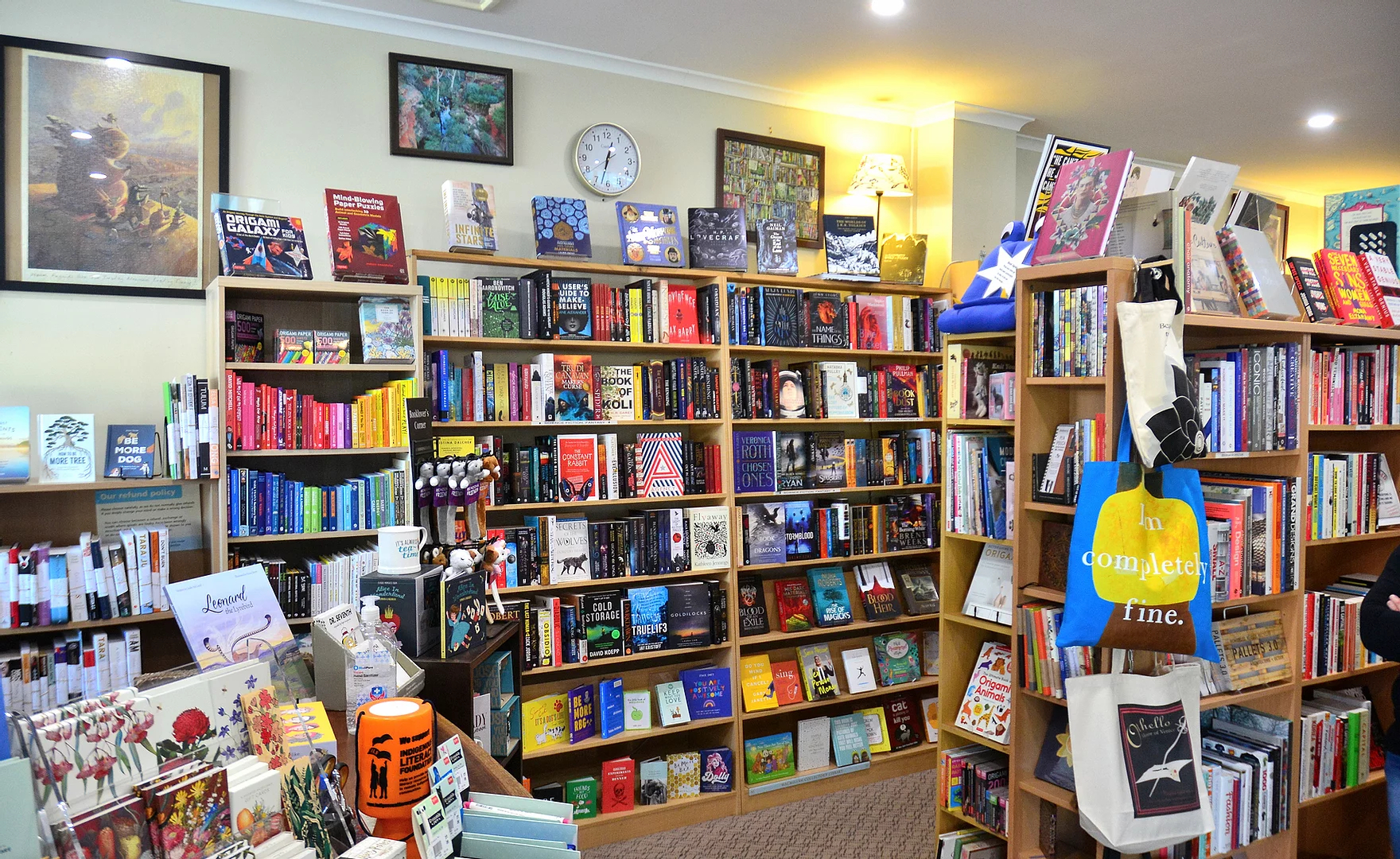 The
The 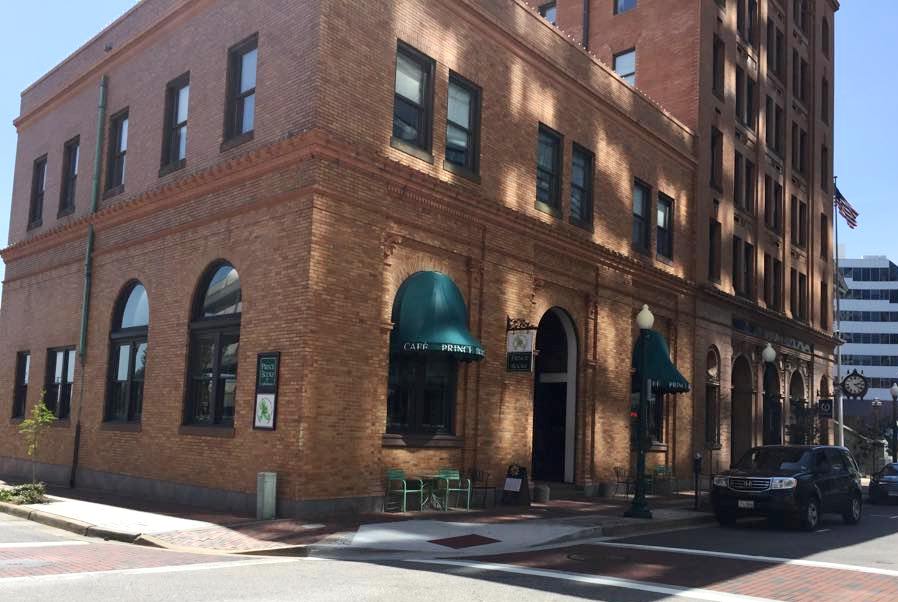 In Norfolk, Va.,
In Norfolk, Va., 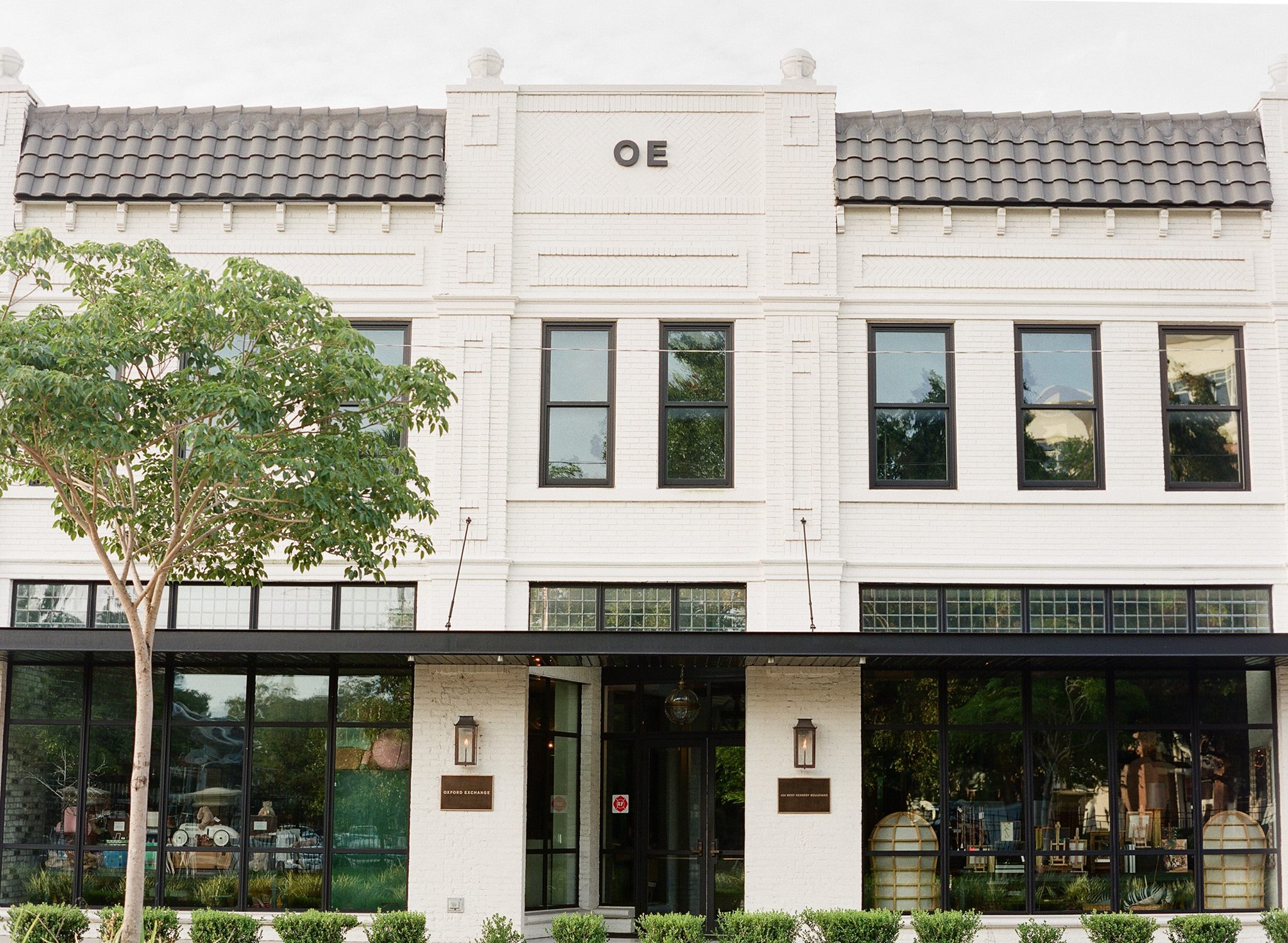 Since reopening to browsing in early May,
Since reopening to browsing in early May, 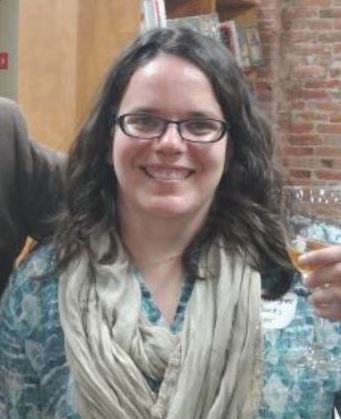
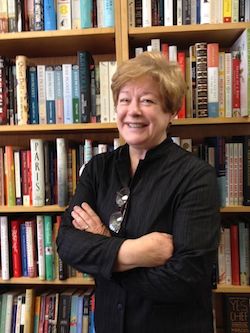
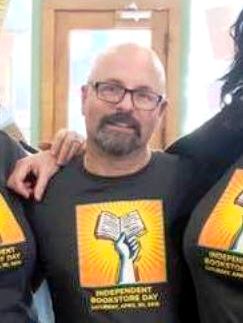
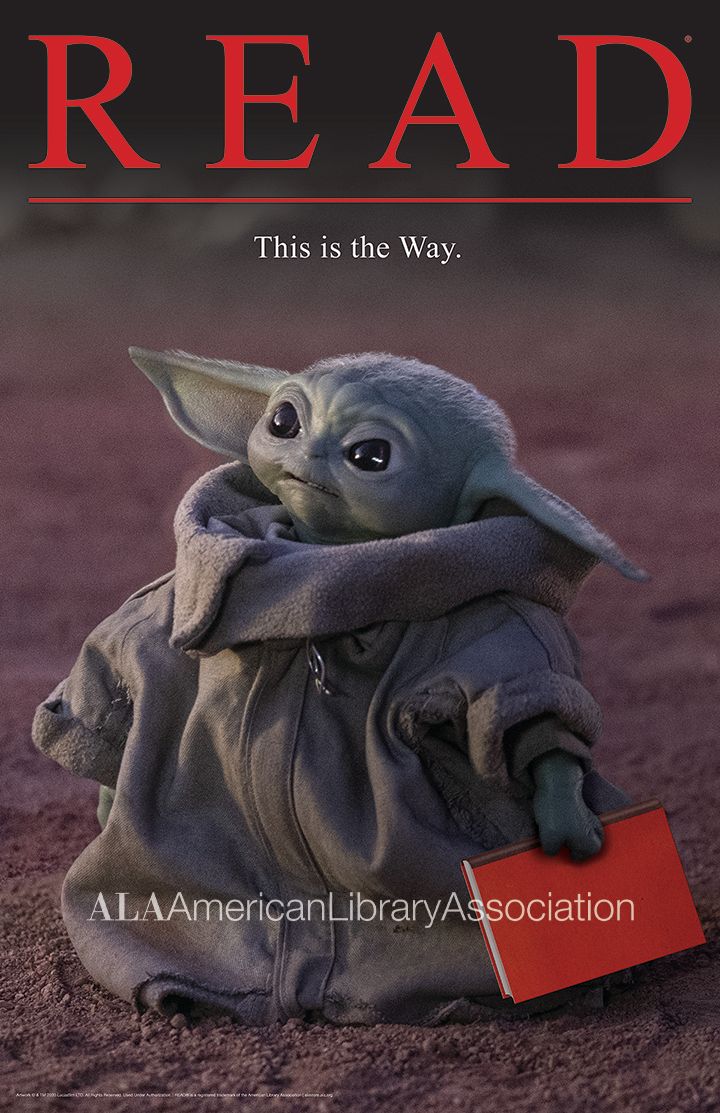 The
The 


 Book you're an evangelist for:
Book you're an evangelist for: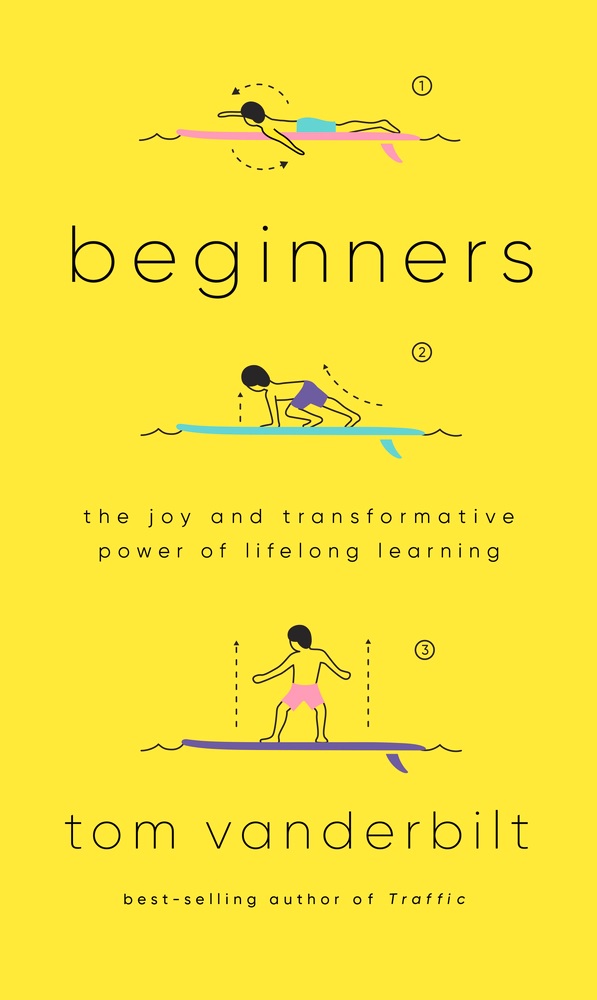 Any adult who is eager to tackle a challenging new pursuit but just can't turn off the mental chatter about old dogs and new tricks might consider picking up a copy of Tom Vanderbilt's Beginners: The Joy and Transformative Power of Lifelong Learning. Accessible and highly informative, the book is a fast-paced exploration of the science of skill acquisition and a delightful account of journalist Vanderbilt's personal adventures among fellow new learners.
Any adult who is eager to tackle a challenging new pursuit but just can't turn off the mental chatter about old dogs and new tricks might consider picking up a copy of Tom Vanderbilt's Beginners: The Joy and Transformative Power of Lifelong Learning. Accessible and highly informative, the book is a fast-paced exploration of the science of skill acquisition and a delightful account of journalist Vanderbilt's personal adventures among fellow new learners.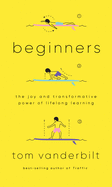
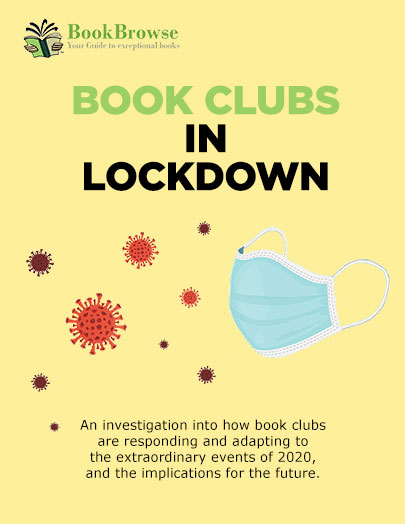
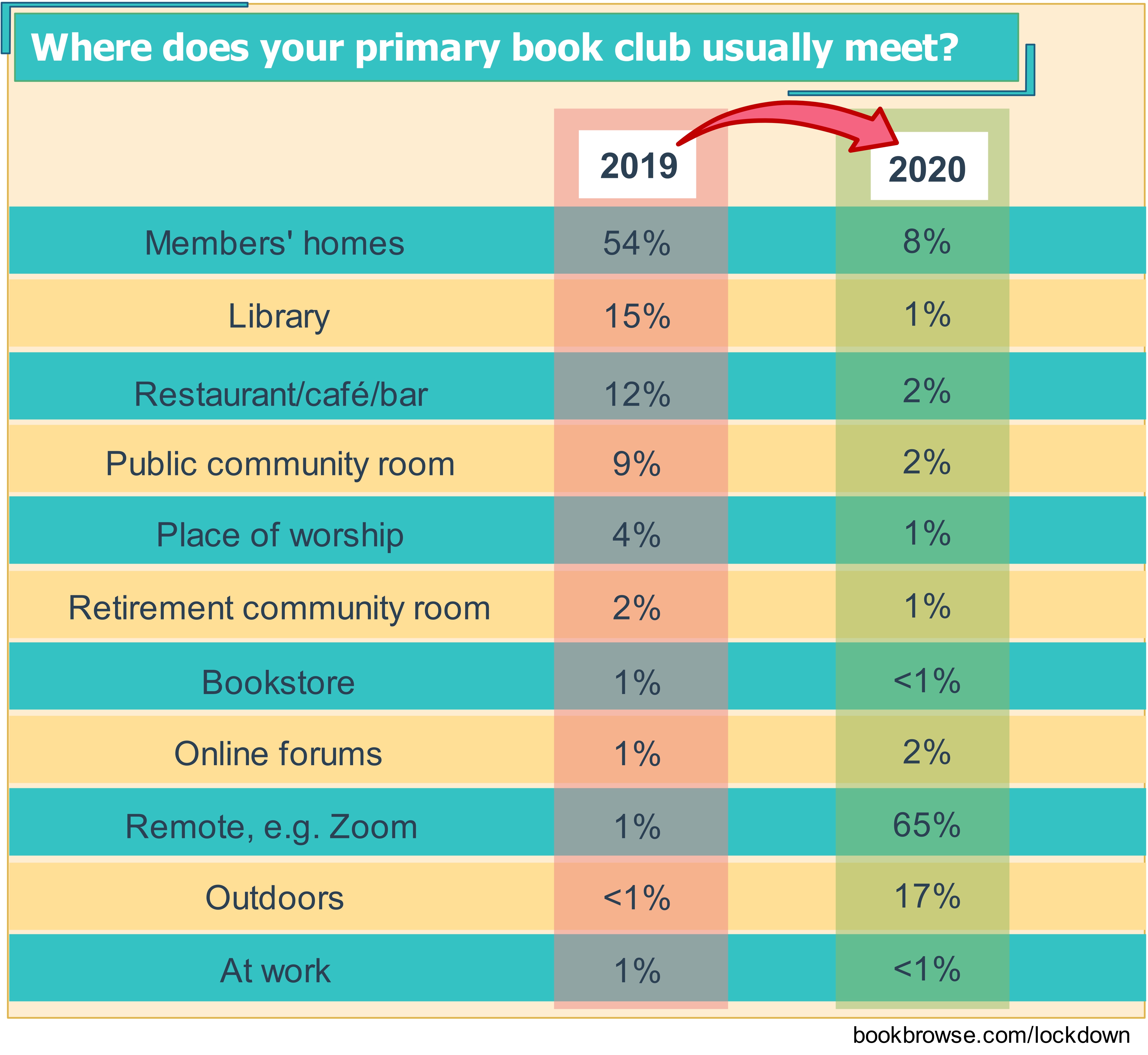 Book clubs not currently meeting were more likely to be part of a group that normally gathered in a public location, like a library, bookstore or restaurant. BookBrowse suggested that when conditions eventually permit, they will likely reconvene, since 90% of book club members not currently meeting said they had been happy in their group in 2019, and 89% said the book club was important to them.
Book clubs not currently meeting were more likely to be part of a group that normally gathered in a public location, like a library, bookstore or restaurant. BookBrowse suggested that when conditions eventually permit, they will likely reconvene, since 90% of book club members not currently meeting said they had been happy in their group in 2019, and 89% said the book club was important to them.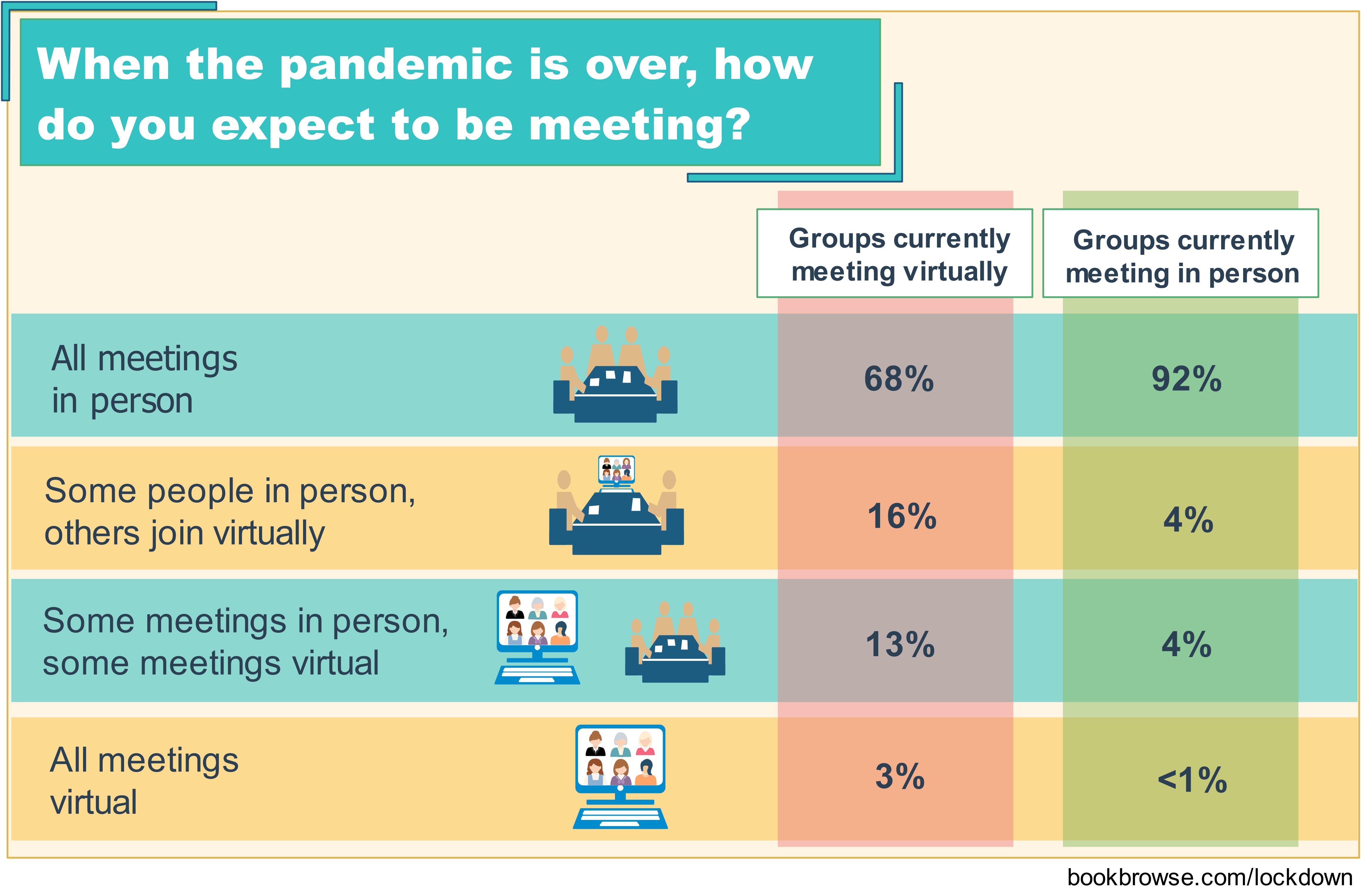 As far as acquiring books is concerned, the BookBrowse survey found that many of the groups currently meeting rely on their libraries and have been hampered by book quarantining delays. While e-books provide an alternative, the technology been a challenge for some, and about 20% said they had purchased books this year when they would previously have borrowed. In general, they plan to revert back to borrowing from the library when it is practical to do so.
As far as acquiring books is concerned, the BookBrowse survey found that many of the groups currently meeting rely on their libraries and have been hampered by book quarantining delays. While e-books provide an alternative, the technology been a challenge for some, and about 20% said they had purchased books this year when they would previously have borrowed. In general, they plan to revert back to borrowing from the library when it is practical to do so.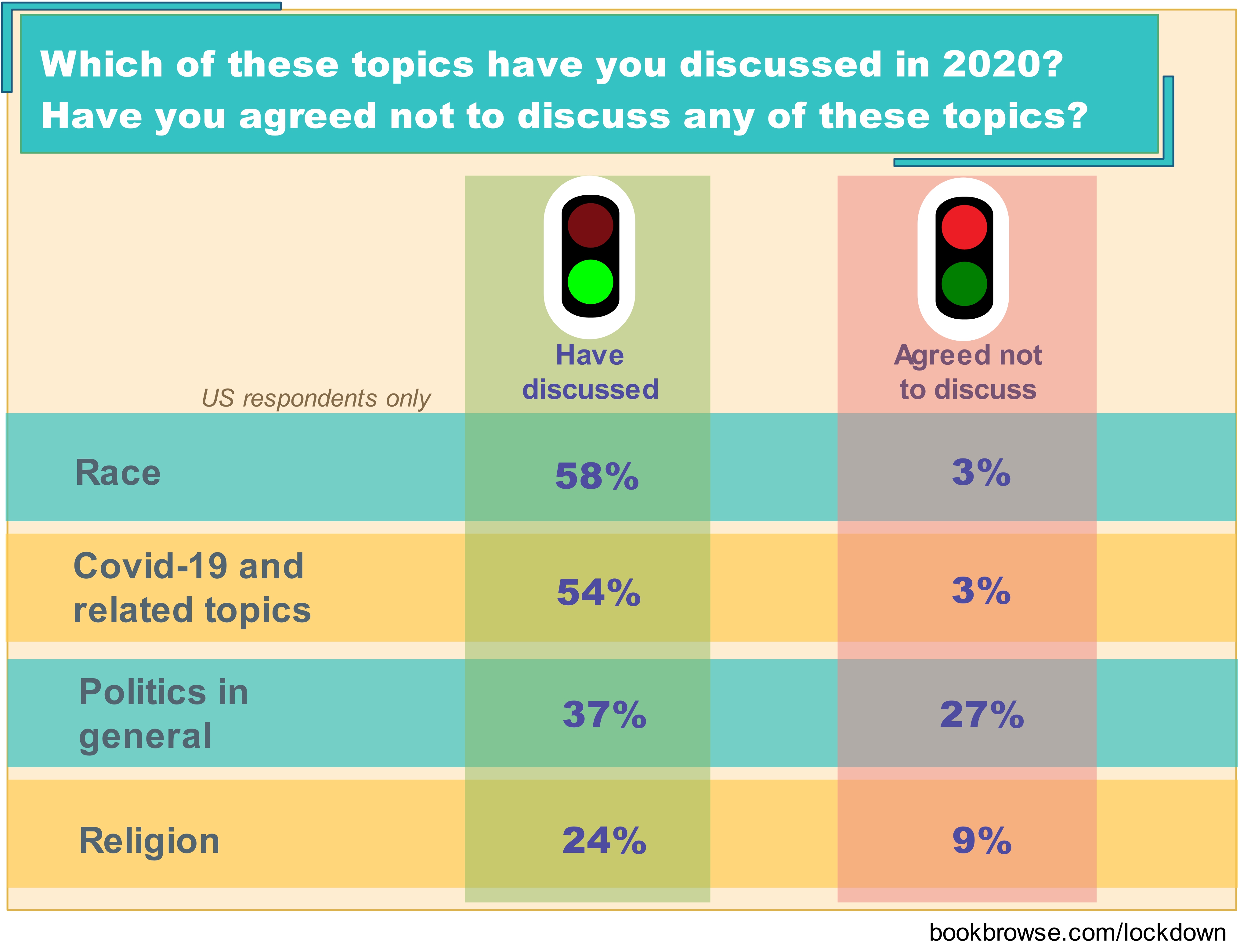 BookBrowse noted that in previous research, some former or potential book clubbers had said they were not in a club due to reasons such as childcare, frequent travel or disabilities, so an all-virtual or hybrid group would likely be an appealing option for them.
BookBrowse noted that in previous research, some former or potential book clubbers had said they were not in a club due to reasons such as childcare, frequent travel or disabilities, so an all-virtual or hybrid group would likely be an appealing option for them.